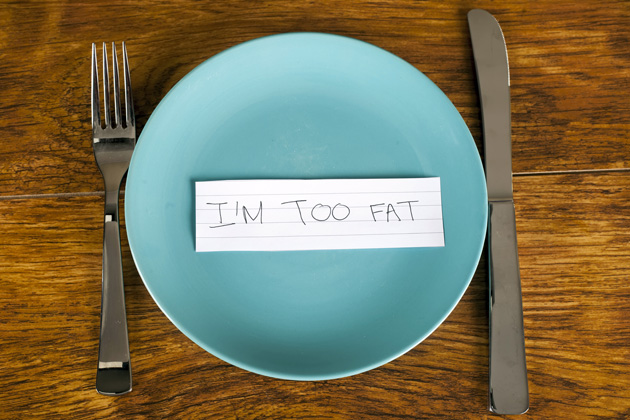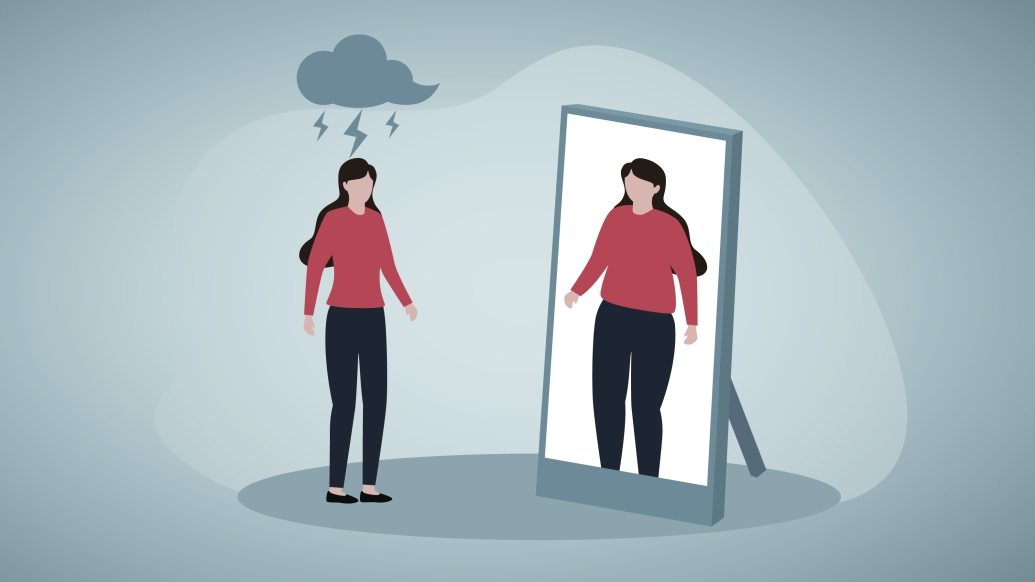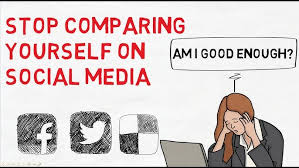Eating disorders are not often talked about. Some people may not take them seriously or others may not be well informed. There are many triggers that can cause eating disorders, one of the main ones happens to be what this article is focused on. It is social media. Eating disorders are important to talk about because they affect your mental and physical health. Sometimes social media is not the most positive thing and this is a way eating disorders get triggered.
The types of eating disorders are:
Anorexia nervosa – a form of self-starvation
Bulimia nervosa – in which individuals engage in repetitive cycles of binge-eating alternating with self-induced vomiting or starvation.
Binge-eating disorder – which resembles bulimia but without compensatory behaviors to avoid weight gain (e.g. vomiting, excessive exercise, laxative abuse
Avoidant restrictive food intake disorder – in which people may have lack of interest in food, avoid certain textures or types of foods, or have fears and anxieties about consequences of eating unrelated to shape or weight concerns (fear of choking, vomiting or abdominal discomfort).
Information about eating disorders:
Online research like https://www.healthline.com/nutrition/common-eating-disorders#what-they-are claims eating disorders are a range of psychological conditions that cause unhealthy eating habits to develop. They might start with an obsession with food, body weight, or body shape.
In severe cases, eating disorders can cause serious health consequences and may even result in death if left untreated. In fact, eating disorders are among the deadliest mental illnesses, second to opioid overdose.
People with eating disorders can have a variety of symptoms. Common symptoms include severe restriction of food, food binges, and purging behaviors like vomiting or over exercising.
Although eating disorders can affect people of any gender at any life stage, they’re increasingly common in men and gender nonconforming people. These populations often seek treatment at lower rates or may not report their eating disorder symptoms at all.
According to nimh.nih.gov/health/topics/eating-disorders, symptoms of eating disorders may be:
- Extremely restricted eating
- Extreme thinness (emaciation)
- A relentless pursuit of thinness and unwillingness to maintain a normal or healthy weight
- Intense fear of gaining weight
- Distorted body image, a self-esteem that is heavily influenced by perceptions of body weight and shape, or a denial of the seriousness of low body weight
Healthline.com also listed the following symptoms:
Mental and behavioral signs may include:
- dramatic weight loss, concern about eating in public, preoccupation with weight, food, calories, fat grams, or dieting, complaints of constipation, cold intolerance, abdominal pain, lethargy, or excess energy, excuses to avoid mealtime, intense fear of weight gain or being “fat”, dressing in layers to hide weight loss or stay warm, severely limiting and restricting the amount and types of food consumed, refusing to eat certain foods, denying feeling hungry, expressing a need to “burn off” calories, repeatedly weighing oneself, patterns of binge eating and purging, developing rituals around food, excessively exercising, cooking meals for others without eating, missing menstrual periods (in people who would typically menstruate)
Physical signs may include:
- stomach cramps and other gastrointestinal symptoms, difficulty concentrating, atypical lab test results (anemia, low thyroid levels, low hormone levels, low potassium, low blood cell counts, slow heart rate), dizziness, fainting, feeling cold all the time, sleep irregularities, menstrual irregularities, calluses across the tops of the finger joints (a sign of inducing vomiting), dry skin, dry, thin nails, thinning hair, muscle weakness, poor wound healing, poor immune system function
Eating disorders are unhealthy an put your well-being at risk, and now a days social media has become a big thing all over the world.
Social media
Social media, like everything else, has pros and cons, its popularity comes with consequences. Some of those consequences come with high prices.

Judgement and standards
Teenagers growing up already feel the need to fit in. Bullying already is a big deal, mostly judging genders, money, disabilities and looks. Those words will linger in the ear no matter how small; words can be like tattoos and stay forever. Now that social media is a thing not only do people get judged in person but now worldwide. Seeing “pretty people” scrolling through the media sets new and higher standards. Kids are in all types of platforms now a days and growing up seeing all the negativity spread is no good. Many people compare themselves to the standards social media has set but the thing is online everyone can manipulate a photo or video. Not everything seen online is true, but some people may think it is, this is how many eating disorders are triggered. The feeling of not being like what everyone else thinks is “perfect” messes with their mind and puts those negative thoughts in their head like, “be skinny” or “there way to skinny”, “there way to big”. Same with comments in pictures they may upload. This is something we should stop, judging others by their looks is more than just a funny comment made, for them it might be the last straw keeping them together. You never know what’s going on in someone’s mind and if you don’t got something nice to say keep it to yourself because not knowing you could be causing the health problems of that person.








